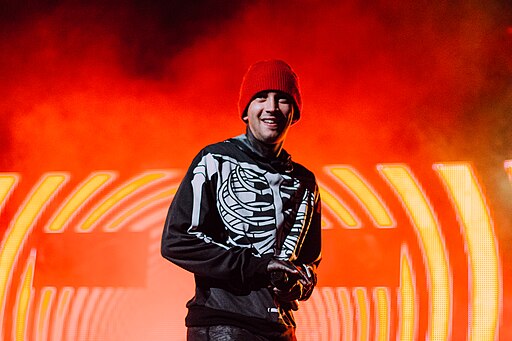Bipolar disorder is a mental health disorder that affects roughly six million Americans—or 3% of our population. Also known as manic-depressive disorder or manic depression, the condition is characterized by dramatic shifts in mood and energy, swinging from low/depressive episodes to high/manic ones—cycling episodes that for many bipolar sufferers are so debilitating they interfere with work and other activities. In an effort to destigmatize mental illness and raise public awareness and understanding, many news stories in recent years have tackled the topic of bipolar disorder. In fact, there are several bipolar celebrities who have discussed or sung about the condition, including a few popular musicians and singers who have been thrilling fans at concerts and Indie music festivals this year.
Musicians Who Fearlessly Tackle Topics of Bipolar or Depression


